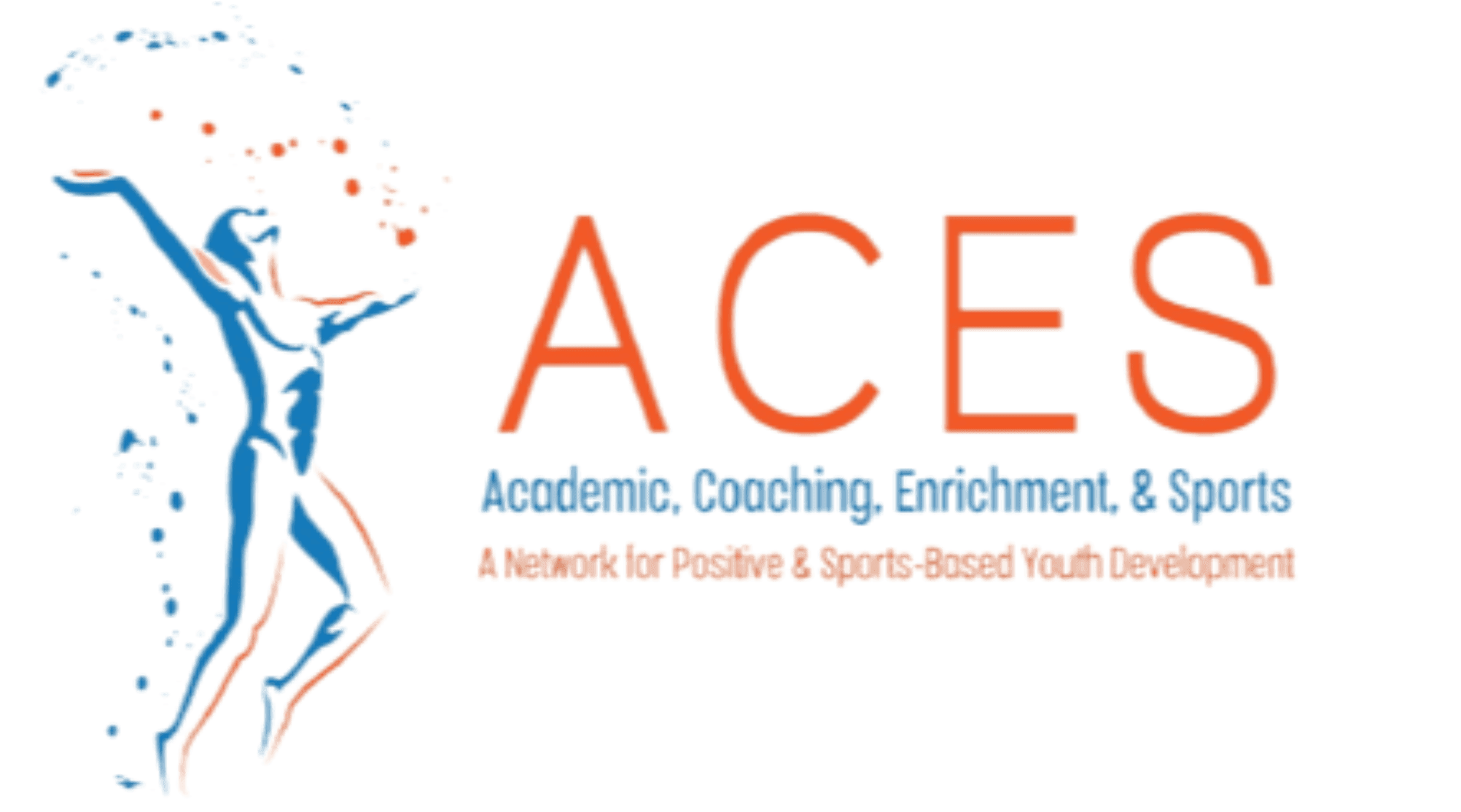Transforming Education Through the GPP™ Ecosystem

Creating & Sustaining a Transformative Ecosystem
Dr. Thomas's GPP™ integrates three revolutionary frameworks - The Sports Interest Learning Framework™ (SILF™), Athlete-Centered Learning Framework™ (ACLF™), and The GPP Community Scorecard™ for comprehensive community assessment - creating the first complete ecosystem for sports-integrated educational transformation!
Value Proposition
While districts allocate $2000-$5000 per student across fragmented intervention programs, The GPP™ ecosystem provides integrated SILF™ and ACLF™ methodologies for $600 per student annually - unifying brain science and sports science, learning psychology, and community development into one comprehensive system aimed squarely at improving academic performance and closing opportunity gaps!
CALL TO ACTION
Partner with us to pilot the complete GPP™ ecosystem in your community or district.

The GamePlan Pro(tm) Ecosystem
GPP(tm) {Patent Pending} is a revolutionary new system that turns a love for sports into a blueprint for life. GPP(tm) is a turnkey, academically-validated ecosystem that uses sports interests as a teaching tool for every traditional subject. We're not building better athletes. We're building students and citizens who can think critically, solve problems, and lead with confidence and purpose.
This isn't just a program. It's a movement! And it's built on a foundation of brain science and sports science to ensure that what we're doing is not only powerful. It's proven!
The Two Foundational Pillars
At the heart of GPP(tm) are two core frameworks. Think of them as the "why" and the "how."
The "Why": The Sports Interest Learning frameworks(tm) (SILF(tm))
Scientific Basis: Research shows that when students connect learning to personal interests, neural pathways strengthen, retention increases by 40%, and intrinsic motivation soars. Sports provide universal themes of goal-setting, strategy, teamwork, and measurable improvement that mirror academic achievement.
This is our engine! It's a simple, scientifically-backed construct: a student learns best when they are genuinely interested! The SILF(tm) uses a student's existing passion for (insert any sport) to get them to engage with every subject. Their confidence increases as they realize they knowledge of the sport or game can translate to success in the classroom and life!
Key Principles:
Relevance Connection: Every lesson connects to real sports scenarios students recognize
Performance Mindset: Academic Skills are framed as "training" for intellectual competition
Data-driven Growth: Progress tracking minors athletic performance analytics
Team Learning: Collaborative problem-solving reflects team sports dynamics
Here's an example: Instead of what some students may consider a dry math problem, we use the statistics from a historical or local NBA game to teach fractions and probability. Instead of a boring history lesson, we study the societal impact of Title IX or an athlete like Bill Russell. We use a student's passion as the on-ramp to education, making them an active participant in their own learning.
The "How": The Athlete-Centered Learning Framework(tm) (ACLF(tm))
Neurological Foundation: An athlete's brain exhibits enhanced focus, pattern recognition, strategic thinking, and resilience - all transferable to academic learning!
This is our roadmap! It's a personalized, data-driven approach that puts the individual at the center of their own development. The ACLF(tm) uses principles from sports science to build a customized plan for a person's physical mental, and academic growth.
Implementation Structure:
Training Phases: Lessons are structures like sports training (warm-up, skill development, scrimmage, and cool-down) and meet or exceed Common Core Standards.
Position Specialization: Students can focus on learning styles that match their sports interest or favorite athlete.
Season Progression: Curriculum flows like sports seasons with championships (assessments)
Coach Mentorship: Teachers/Advisors act as coaches providing strategic guidance
Here's an example" We don't just focus on a person's jump shot. We leverage their interests in sport to teach them about physics, biomechanics, nutrition, etc. We use our GPP Community Scorecard to help them identify their unique strengths and challenges, and then we build a curriculum that's tailored specifically for them.
